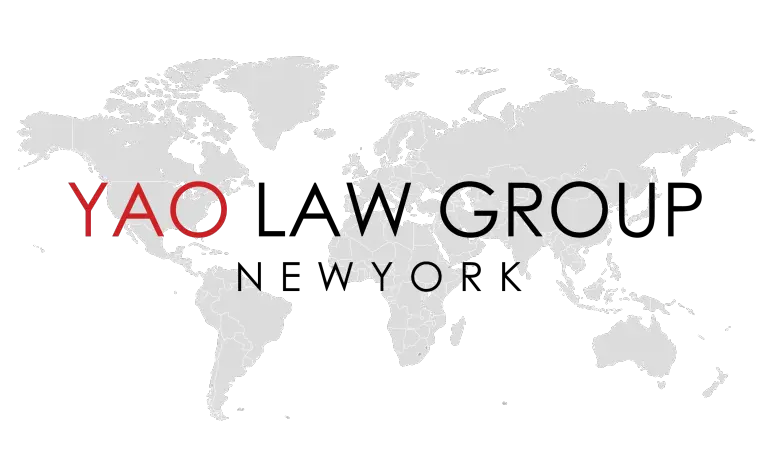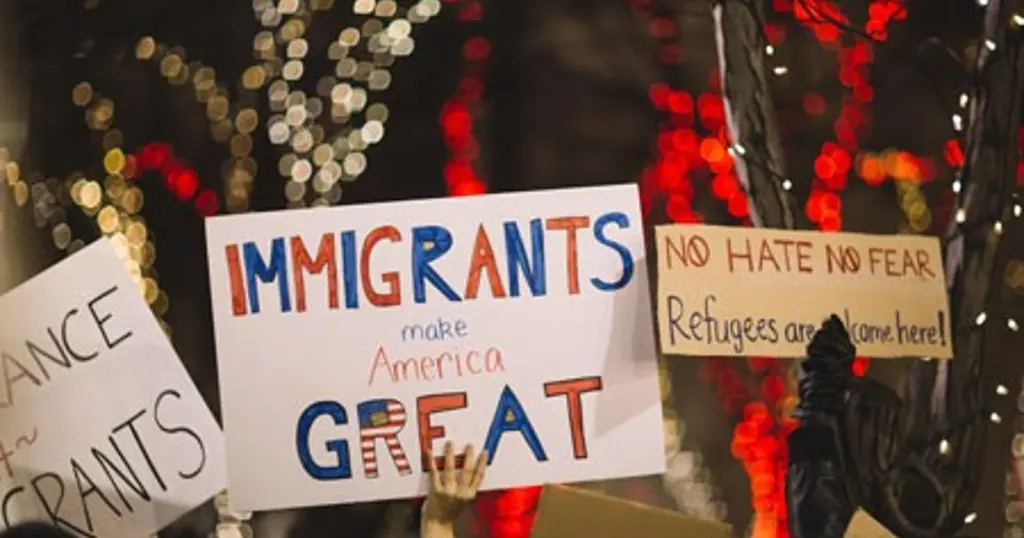Approximately 43.3 million foreign-born people live in the United States, which includes 20.7 million naturalized U.S. citizens and 22.6 million noncitizens. Of the noncitizens, 13.1 million are lawful permanent residents, 11.1 million are unauthorized migrants, and 1.7 million hold temporary visas.
There were 11.3 million unauthorized immigrants in the U.S. in 2016. Six states account for 59% of unauthorized immigrants: California, Texas, Florida, New York, New Jersey and Illinois.
What does it mean to live as an undocumented immigrant?
- Undocumented Immigrants Live in Fear
Undocumented immigrants are often forced to live a passive and secluded life that oppresses them in many ways. The constant horror of deportation lingers in their minds, and they live in constant fear of law enforcement and government authorities.
- Undocumented Immigrants Cannot Travel Outside the US
Undocumented immigrants very often leave parents or children behind in their native country. Unfortunately, due to their lack of immigration status, if they left the US, they would be subject to a 10-year ban or a lifelong ban.
- Undocumented Immigrants Cannot get a Driver’s License or US Government ID
Oftentimes, to get a driver’s license a person must present a social security card. Undocumented Immigrants do not usually have a social security number. This means that they must carry their passport or alternative forms of identification, such as the NYC I.D.
- Undocumented Immigrants Cannot Qualify for Financial Aid, Grants, or Scholarships for College
Undocumented students cannot legally receive any federally funded student financial aid, including loans, grants, scholarships or work-study money. Some states do grant eligibility for state financial aid to undocumented students who qualify for in-state tuition. Most private scholarship funds and foundations require applicants to be U.S. citizens or legal residents, but there are some that do not.
- Undocumented Immigrants Cannot Obtain Legal Work Authorization
Without a lawful immigration status or deferred action, undocumented immigrants cannot legally work. Therefore, they are forced to work “under the books”, for cash, and often in difficult work situations. Although federal law protects all workers and employees, regardless of immigration status, undocumented workers still live in fear of being reported or fired by their employer.
Employers are required refuse to hire, or terminate, an undocumented worker once they learn of the person’s lack of work authorization, as per the Immigration Reform and Control Act of 1986 (IRCA).
- Undocumented Immigrants Cannot Obtain Government Benefits
Undocumented immigrants do not qualify for welfare, food stamps, Medicaid, and most other public benefits. Most of these programs require proof of legal immigration status and under the 1996 welfare law, even legal immigrants cannot receive these benefits until they have been in the United States for more than five years.


